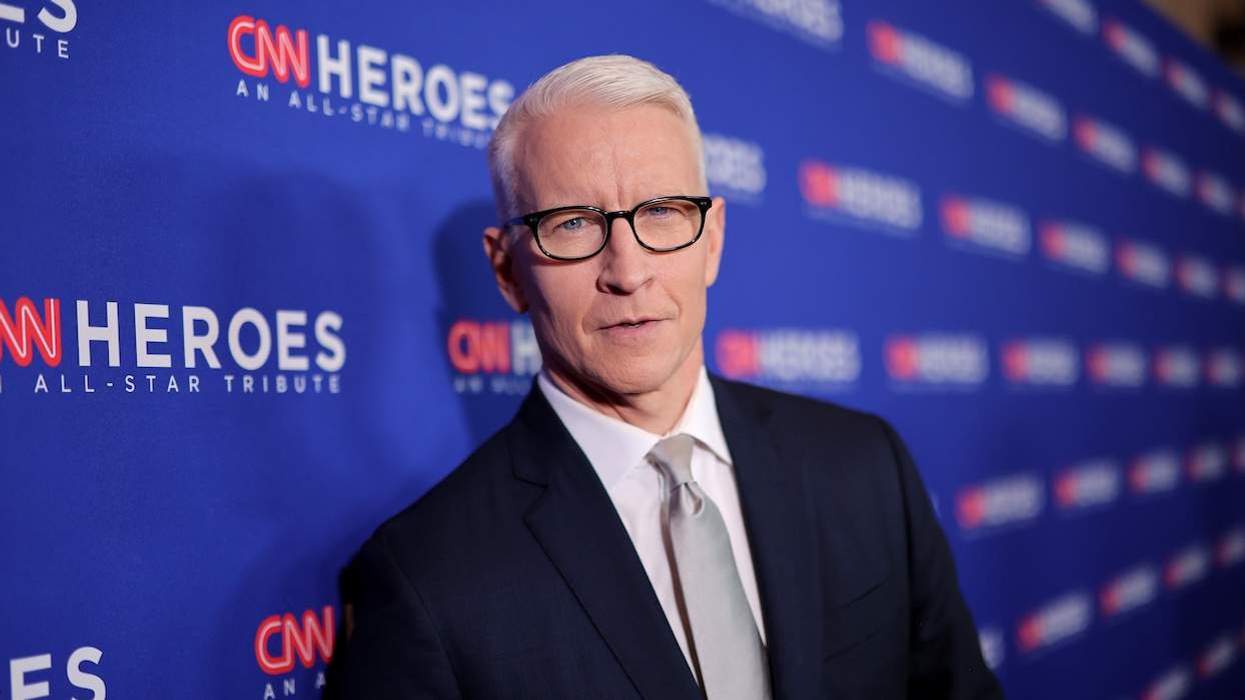Marsha's House, the only shelter in the New York City Department of Homeless Services system dedicated to LGBTQ+ adults, is a "nightmare" according to some ex-residents. The shelter is named after transgender icon Marsha P. Johnson.
New York City's LGBTQ+ communities experience disproportionately high rates of homelessness according to advocates who also say that Marsha's House is not safe, though it would be the city's recommendation for most if they are over the age of 18.
Six former residents and five former employees spoke to NBC News in a new investigation. The investigative team from the network also relied on information obtained through court documents and Freedom of Information Act requests. The findings uncovered years of alleged abuse, including sexual misconduct accusations against security guards and a former director.
NYC DHS denied any knowledge of the alleged misconduct by former residents and staff. "The health and safety of our clients and staff is our number one priority and we take all allegations seriously," a department spokesperson told NBC. "We provide numerous channels for clients and staff to report problems, but these claims have never been reported and we have no evidence whatsoever to corroborate them."
Marsha's House, located in the Belmont neighborhood of the Bronx, opened in February 2017; the poverty rate there is over 40 percent. The 81-bed shelter was a passion project for Ritchie Torres, then the first openly gay New York City Council member from the Bronx and now a U.S. congressman.
"This shelter can mean the difference between life and death for homeless LGBTQ young adults," Torres said in a 2017 statement. Torres later became the first gay Afro- Latino elected to Congress and still represents the Belmont area. He declined to comment on allegations of wrongdoing at Marsha's House.
NBC revealed that New York City Police Department records show officers were called to Marsha's House over 225 times from February 2017 to September 2021 -- about once a week -- including for at least five reports of felony assault during that time period.
The story goes on to say that LGBTQ+ activists have spent years drawing attention to the problems at Marsha's House, only to be brushed off by authorities. Sean Coleman, founder of the Bronx-based LGBTQ+ nonprofit Destination Tomorrow, described the process as "disheartening."
"There should have been more LGBT community input once they began to operate," Coleman said of Marsha's House. "Now it feels like they've gotten the money, so they don't really care to do any better."
In a settlement with one of the accusers who filed suit, the DHS is required to increase transparency around allegations of sexual misconduct and educate shelter staff and vendors about LGBTQ+ rights -- many of the security staffers are not from the community. It will also create dedicated shelters for transgender and gender-nonconforming adults in Brooklyn, Manhattan, Queens, and the Bronx.
Last week, a new report was issued by the Trevor Project found that 28 percent of LGBTQ+ youth have experienced homelessness or housing instability at some point in their lives.
The study, titled "Homelessness and Housing Instability Among LGBTQ Youth," found that those who did encounter housing issues had two to four times the odds of reporting depression, anxiety, self-harm, considering suicide, and attempting suicide compared to those with stable housing.
The Trevor Project recommended that to improve the plight of homeless LGBTQ+ youth, strong antidiscrimination and antibullying policies are needed and additional funding for low-income housing, reimagining shelter services, improving data collection on LGBTQ+ youth homelessness, and instituting anti-poverty economic policies that combat poverty at the societal level.
The Ali Forney Center provides shelter, transitional housing, and other services for LGBTQ+ youth experiencing homelessness in New York City.
















Charlie Kirk DID say stoning gay people was the 'perfect law' — and these other heinous quotes
These are some of his worst comments about LGBTQ+ people made by Charlie Kirk.